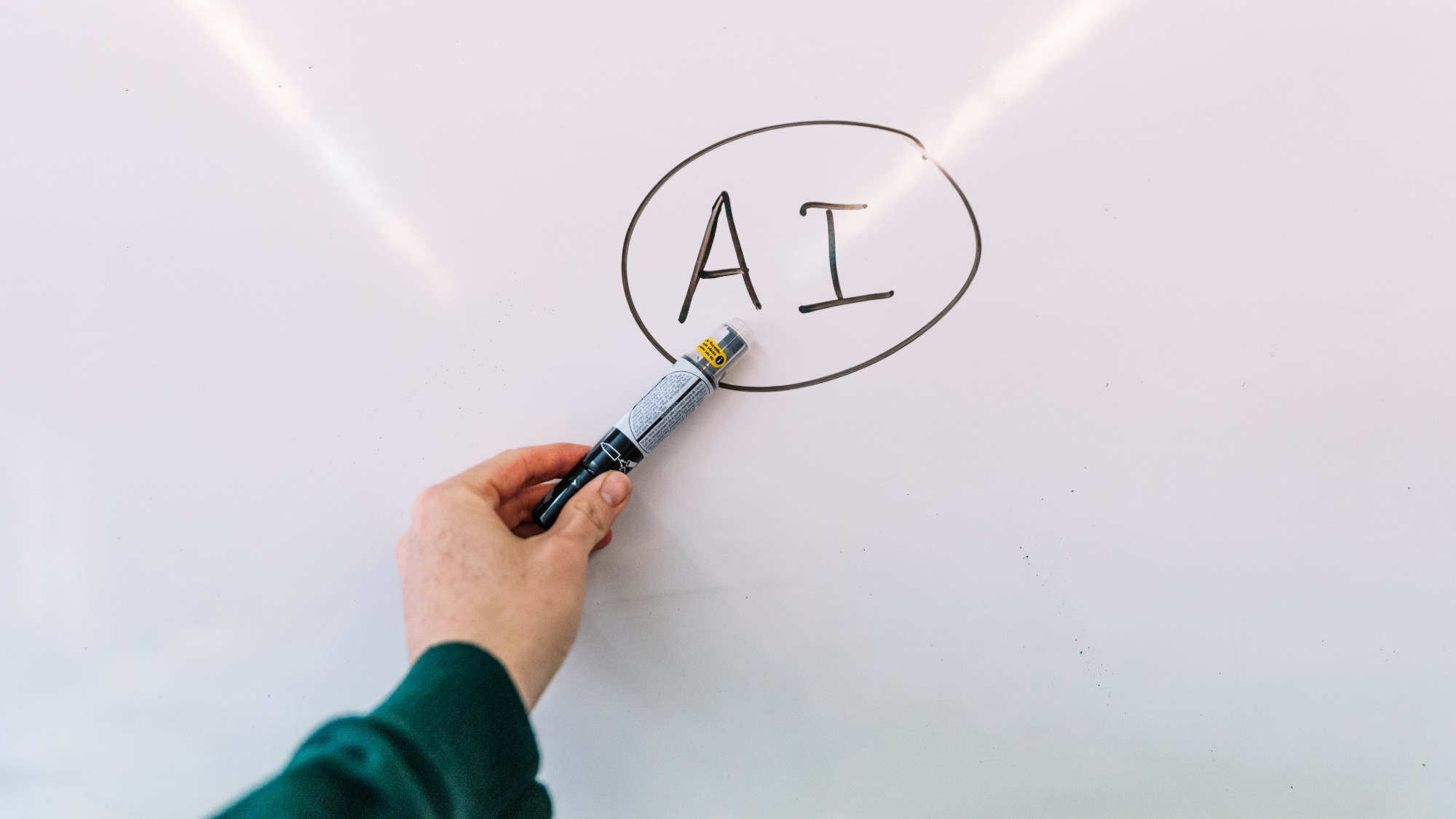Learning loss: AI cheating upends education
Teachers are questioning the future of education as students turn to AI for help with their assignments

A free daily email with the biggest news stories of the day – and the best features from TheWeek.com
You are now subscribed
Your newsletter sign-up was successful
It's an open secret in academia that schools are losing to AI, said James D. Walsh in New York magazine. Most students in the country today are "relying on AI to ease their way through every facet of their education." ChatGPT takes their notes in class, summarizes textbooks, and writes their essays. Students have all but forgotten how to think on their own; one philosophy professor said she caught students "using AI to respond to the prompt 'Briefly introduce yourself and say what you are hoping to get out of this class.'" Many professors say they can usually tell when students use AI on their assignments, but the scale of cheating has put teachers "in a state of despair," questioning their educational purpose. Some professors are covinced "the humanities, and writing in particular, are quickly becoming an anachronistic art elective, like basket weaving."
The cheating is so rampant that honest students have to go to great lengths to prove their innocence, said Callie Holtermann in The New York Times. "The specter of AI misuse" looms to the point where students "described persistent anxiety about being accused of using AI on work" they had completed honestly. Some students have begun recording their screens to retain video evidence of their sincerity or using word processors that track their keystrokes. Their wariness seems warranted: Numerous studies have found that AI detection software used by schools routinely misidentifies work as AI-generated.
There's a simple answer to AI cheating, said John J. Goyette in The Wall Street Journal: Ban technology in schools. Eliminate online classes. Retire take-home exams and "administer in-class evaluations such as blue book essays, oral exams, and chalkboard demonstrations." Enforce a clear policy "that prohibits AI use" for writing papers "and imposes serious consequences." Reduce class sizes and restore Socratic conversation "to its position of prominence in the classroom."
The Week
Escape your echo chamber. Get the facts behind the news, plus analysis from multiple perspectives.

Sign up for The Week's Free Newsletters
From our morning news briefing to a weekly Good News Newsletter, get the best of The Week delivered directly to your inbox.
From our morning news briefing to a weekly Good News Newsletter, get the best of The Week delivered directly to your inbox.
Get real, said D. Graham Burnett in The New Yorker. The solution to cheating is not to pretend "that the most significant revolution in the world of thought in the past century isn't happening." At Princeton, where I teach, nearly every syllabus warns that the use of ChatGPT or other AI tools will be punishable by a visit to the academic deans. Students are scared to even visit an AI site for fear of the consequences. "This is, simply, madness. And it won't hold for long." My colleagues rightfully fret about the ability to detect if a student is cheating. But instead of fretting, we should consider this a gift. Since we "can no longer make students do the reading or the writing," we need to "give them work they want to do" and help them do it. AI might actually teach the teachers how to educate again.
A free daily email with the biggest news stories of the day – and the best features from TheWeek.com